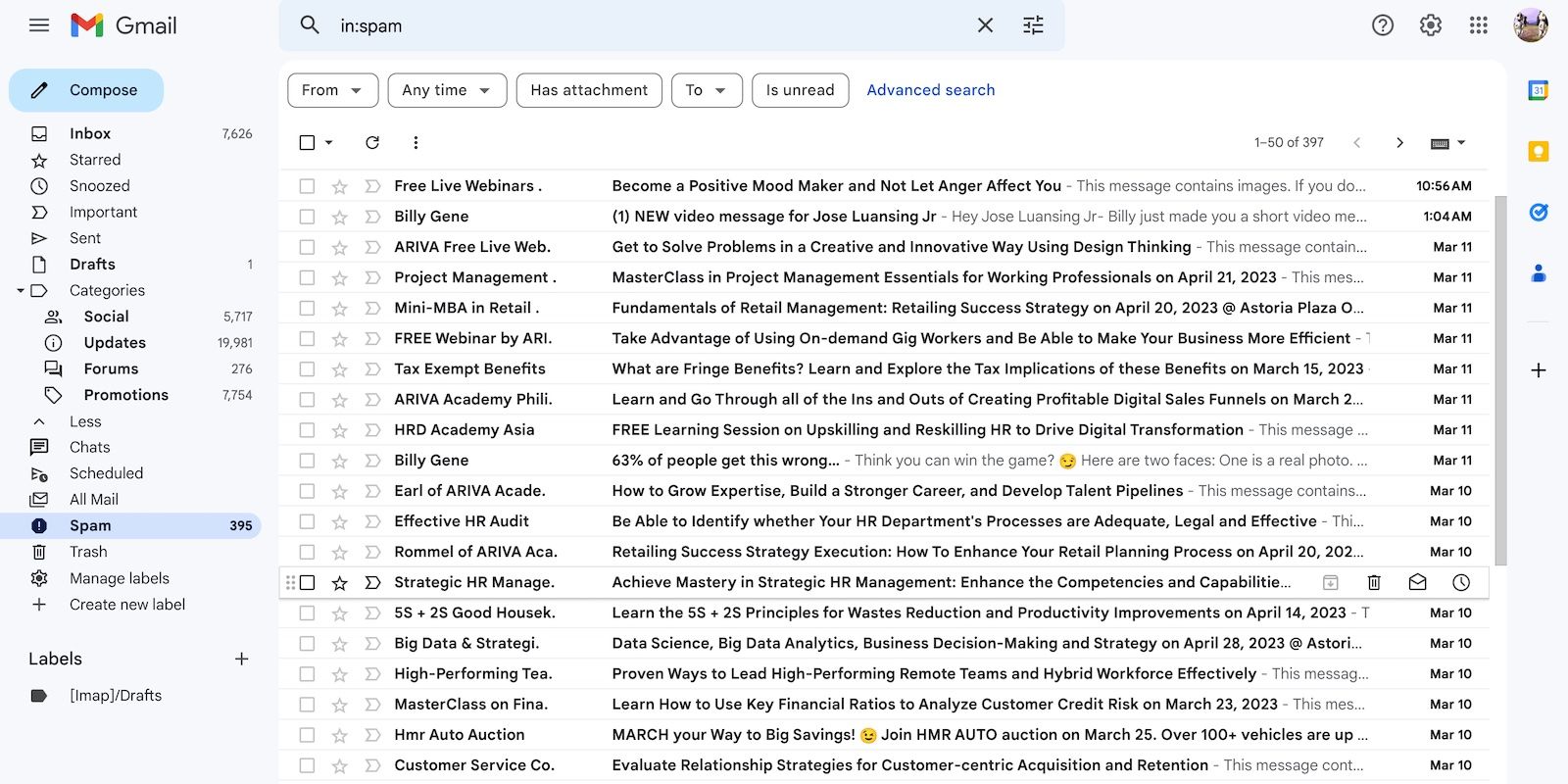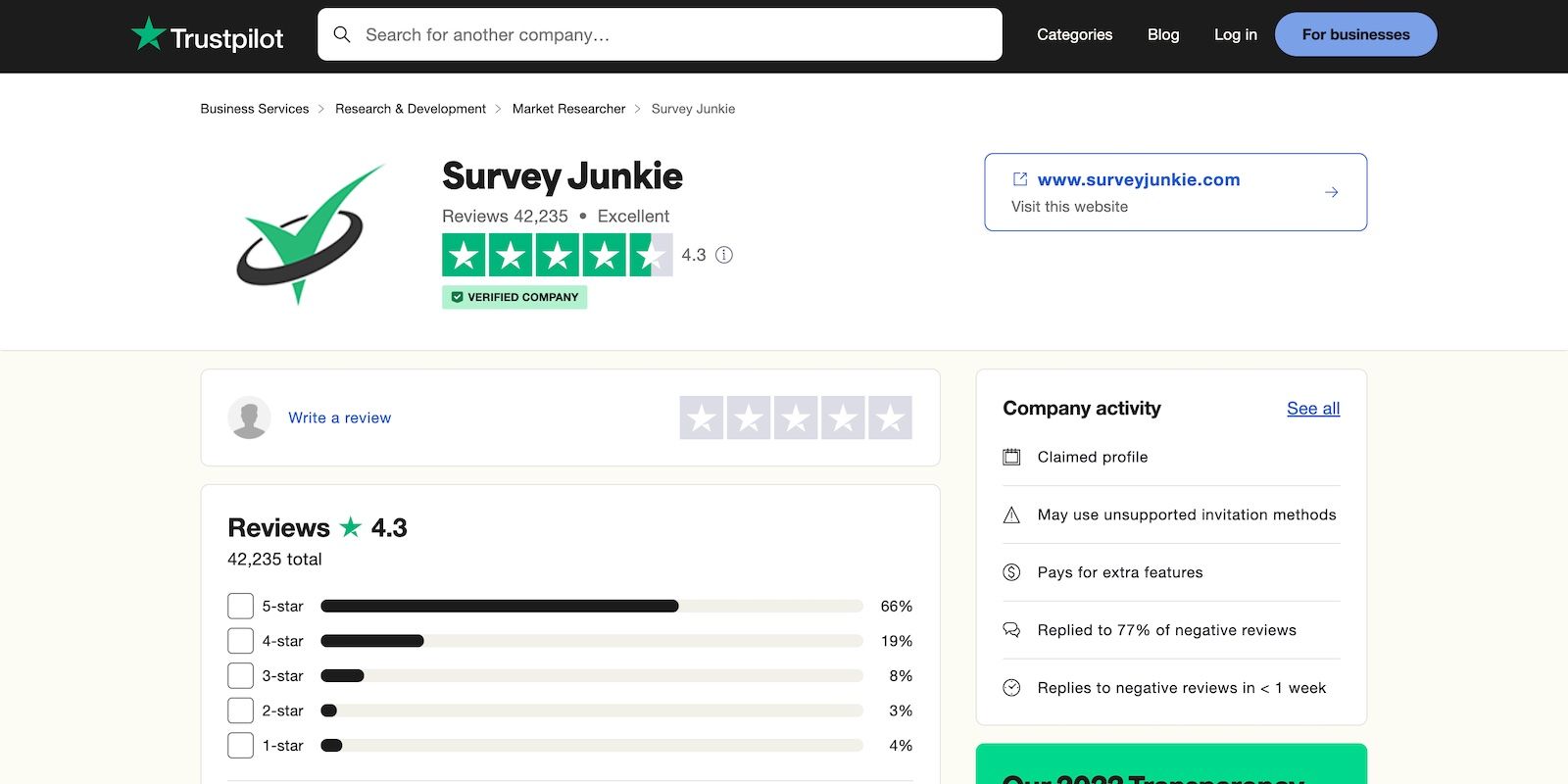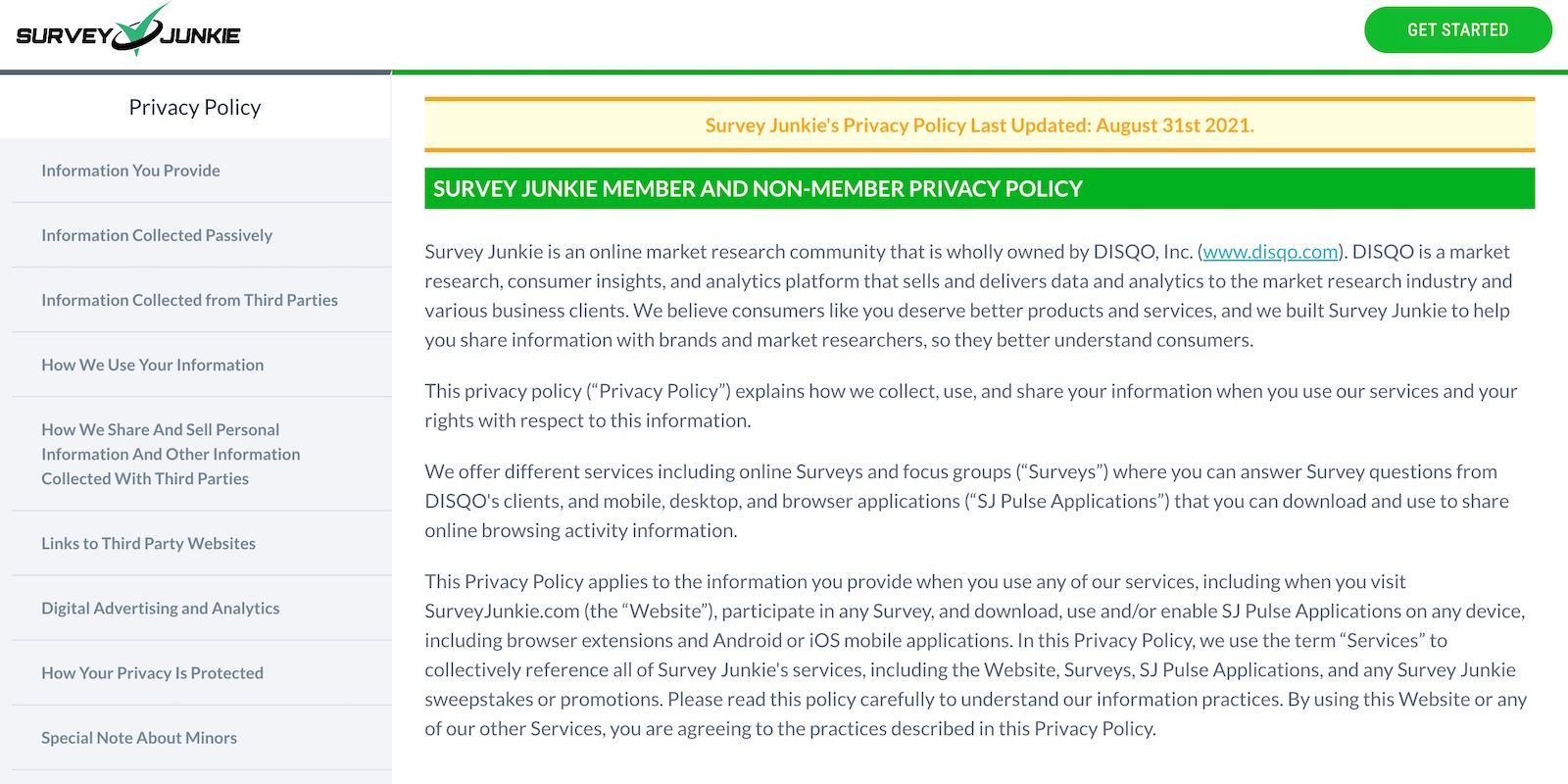Despite the popularity of online survey sites, you might have doubts about their safety and legitimacy. Yes, companies conduct market research through paid surveys. But identity thieves also use fake money-making apps to steal information from unsuspecting users.
Think twice before divulging too much information. Delete your account immediately if a paid online survey site shows any of these red flags.
1. Excessive Requests for Personal Information
Get-Paid-To (GPT) apps ask new users to answer demographic profiles. They pair them with online surveys that match their educational attainment, profession, gender, race, age, marital status, and purchasing habits. Classifying participants based on demographics improves data quality.
You can answer these demographic surveys. Just be careful with the Personally Identifiable Information (PII) you disclose, especially on platforms you’ve never used. Even quasi-identifiers are dangerous in the wrong hands. You’ll leave yourself open to identity theft and fraud if you divulge too much about yourself.
Moreover, GPT apps only need basic details. You’ll start getting surveys after providing your email address and PayPal username. Some sites even allow dummy email accounts. Never use money-making schemes asking for sensitive details, e.g. your social security number, government ID, or home address.
2. Multiple Spam Emails After Creating an Account
Spam emails are extremely common. Billions of these messages circulate in personal and professional inboxes, and Spam Laws states that 2.5 percent of them are scams. Expect at least one hacking attempt in every 40 emails.
You can’t wholly prevent spam. But if you get a sudden influx of junk mail after joining GPT apps, your information might have been compromised. Shady sites sell user data, after all.
To ensure you don’t fall victim to scams, familiarize yourself with what spam emails look like. Crooks are getting creative with their phishing attempts. Many messages look legitimate at a glance—even digital natives could fall for them.
Instead of using your personal email address on GPT apps, make a new account for answering paid surveys. That way, you won’t lose anything should they get compromised.
3. Poor User Reviews
Don’t just sign up for paid survey sites without a second's thought. Although first-hand insights are important, exploring random GPT apps exposes you to survey scams. You should avoid high-risk platforms unless you have prior cybersecurity experience.
Instead of going out on a limb and testing shady survey sites, read third-party reviews. Filter your options first. See if your prospective app delivers on its promises, offers reliable data privacy, and sends on-time payments.
Just make sure you read legitimate reviews. Random finance blogs written by affiliate marketers will give you biased, overhyped assessments. You’ll find helpful insights on numerous other sites.
- Reddit: Millions of anonymous users post unfiltered, brutally honest reviews here.
- Trustpilot: Verified users can post formal complaints about businesses, online courses, and money-making schemes.
- BBB: The Better Business Bureau (BBB) rates thousands of businesses based on verified reviews. Their scores range from F (disreputable) to A+ (trustworthy).
4. Sign-Up or Subscription Fees
Some “premium” GPT apps charge subscription fees. They justify their rates by making empty promises, e.g. more tasks, priority orders, and higher payouts.
But don’t get your hopes up. Although tempting, you should generally stay away from these sites. You’ll just waste your money. Whether you’re answering online surveys or looking for freelancing gigs, legit platforms won’t charge anything.
In fact, avoid disclosing banking details altogether. Crooks often hide spyware and phishing pages in shady gig apps. GPT sites will never need your credit card details, routing number, or checking account.
5. Unrealistic Promises and Claims
If your prospective GPT app makes unrealistic claims, skip it. Shady sites bait unsuspecting users into divulging personal information by promising fake profits. They’ll trick you into thinking you can make a living answering surveys.
Although there are several legitimate GPT apps online, user cashouts only average a couple of bucks. Manage your expectations accordingly.
Surveys typically pay $0.25 to $3. Even if you spend hours answering surveys, your earnings might not hit $10. Also, GPT apps have limited surveys. You’ll only qualify for two to five a day on widely known platforms like Swagbucks.
Answering surveys online isn’t as lucrative as most newbies think. For a more stable income source, explore other money-making opportunities. Try side hustles for full-time employees to do in their free time.
6. Minimal Company Information Available
Research GPT sites yourself. Apart from reading third-party reviews, assess your prospective platforms based on the following factors:
- Experience: There are several GPT sites online, but limit yourself to platforms known for distributing paid online surveys. Ideally, they should have years of experience.
- Cashout options: Legit GPT sites offer multiple cashout options. Although PayPal is the most common medium, you can explore alternative digital wallets and crypto platforms. Compare the different withdrawal fees.
- Business model: Find GPT sites partnered with market research companies. Not only do they pay well, but they also get tasks straight from the source. On the other hand, survey aggregators scrape orders from third parties.
- Parent company: See who owns the survey sites you plan on joining. Platforms operating under reputable consumer insights or marketing companies are generally more secure. Independent startups rarely flourish before acquisition.
7. Vague Privacy Disclosure Agreements
Like most people, you probably skip privacy data policies. A survey by the Pew Research Center shows that only 9 percent of Americans read privacy policies and laws. People often blindly agree to these conditions.
Although they can be lengthy, privacy contracts are crucial. Before signing up for any online survey platform, peruse its data collection policies. See what information it extracts. Websites can pull data about your identity, surfing habits, device, and location—which you might feel iffy sharing.
Also, avoid installing GPT apps and extensions. Crooks disguise malware-infected files and spyware as downloadable programs. Only access survey sites through browsers.
Learn to spot bad privacy policies. You won’t waste time decoding every line individually if you already have a checklist of red flags.
Watch Out for Shady Online Survey Sites
You can still sign up for paid online surveys. Just note that cybercriminals lurk on these sites, so don’t carelessly divulge personal information. Always watch out for cyberattacks. And if possible, stick to widely known, credible platforms.
While exploring GPT sites, you’ll encounter other money-making opportunities, e.g. crypto, dropshipping, and forex trading. Make sure you do your research before diving into them. Side gigs aren’t always what they seem.





